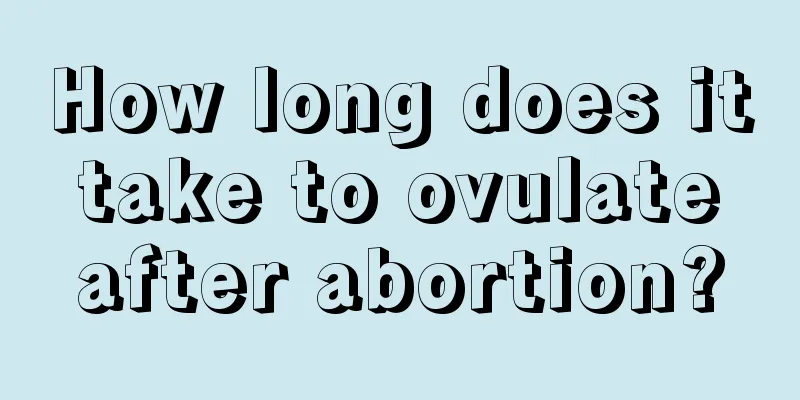How to treat polycystic ovary syndrome

|
Polycystic ovary disease has a high incidence rate among women of childbearing age. This disease is closely related to endocrine, such as excessive male hormones in the body. Symptoms of polycystic ovary are obesity, abnormal menstruation, increased hair, etc. Incorrect treatment methods will lead to infertility in women, so women should pay attention to it. So how to treat polycystic ovary? First, how to treat polycystic ovary syndrome? Drug treatment. Oral medications can change the hormone levels in the body and maintain the internal environment in a relatively stable state. After continuous use, the ovaries may slowly return to their original state. If you are taking Chinese medicine, then there should not be any big problem. If you are taking Western medicine such as oral hormones, then there may be certain side effects, such as abdominal distension, headache, hot flashes, etc., and some hormones are more expensive, so the patient's family needs to do what they can. However, drug treatment is relatively simple and does not cause any external trauma to the patient's body. It is one of the more commonly used treatment methods. Second, surgical treatment. Surgical treatment is a treatment method that appeared in the mid-1930s and is a landmark advancement. Surgery can be used to remove a portion of the granulosa cells in the ovaries and inhibit the production of androgens. The effect is quicker and more obvious, and after the operation, most women will gradually resume ovulation and menstruation, and many will successfully conceive. The more popular surgical methods now include: bilateral ovarian wedge resection, laser perforation treatment and transvaginal hydrolaparoscopy, etc. How to treat polycystic ovary syndrome? Assisted reproductive treatment. For women who are eager to have children but other treatments have not been effective, assisted reproductive methods can be used to help them solve the problem. For example, you can do in vitro fertilization, or cultivate the egg cells to maturity in vitro and then try to get pregnant. Although this method can solve the immediate problem, it does not mean that polycystic ovary can be left alone. After giving birth, women should return to treatment as soon as possible. |
>>: How many times can IVF be done?
Recommend
How to increase breast milk
For newborns, the best nutrition comes from the m...
What to do if your child has breast pain when weaning
When a child is weaned, the milk secretion of a w...
What is the reason for yellow vaginal discharge with sour taste?
Leucorrhea should be colorless and odorless, but ...
What is the difference between summer orange and Lunwan navel orange? Is Lunwan navel orange delicious?
Lunwan navel oranges are fresh and full, and the ...
Night Listening|Is it OK to skip breakfast?
Not long ago, the "Survey Report on Breakfas...
Where can I set the automatic shutdown of my VIVO phone? How can I unlock my VIVO phone if I forget the digital password?
In the last issue, we shared with you some simple...
Leucorrhea is always yellow, odorless and not itchy
Women's physical constitution is completely d...
How to regulate qi and blood deficiency in women
In life, there are many women who are deficient i...
What is the meaning of pelvic floor muscle
Many women feel some discomfort in their bodies a...
Can I eat oysters during my period?
Pickled raw shrimp is a kind of seafood that many...
How to treat thick endometrium
Endometrial thickening is an abnormal manifestati...
Will a man and a woman develop feelings for each other if they often dance together? What does it mean for a man and a woman to care about each other?
Humans are emotional animals. When people spend a...
What is the most taboo after abortion surgery?
Modern women's sexual awareness is very open,...
What causes yellow leucorrhea like pus?
Why does leucorrhea turn yellow like pus? This in...









